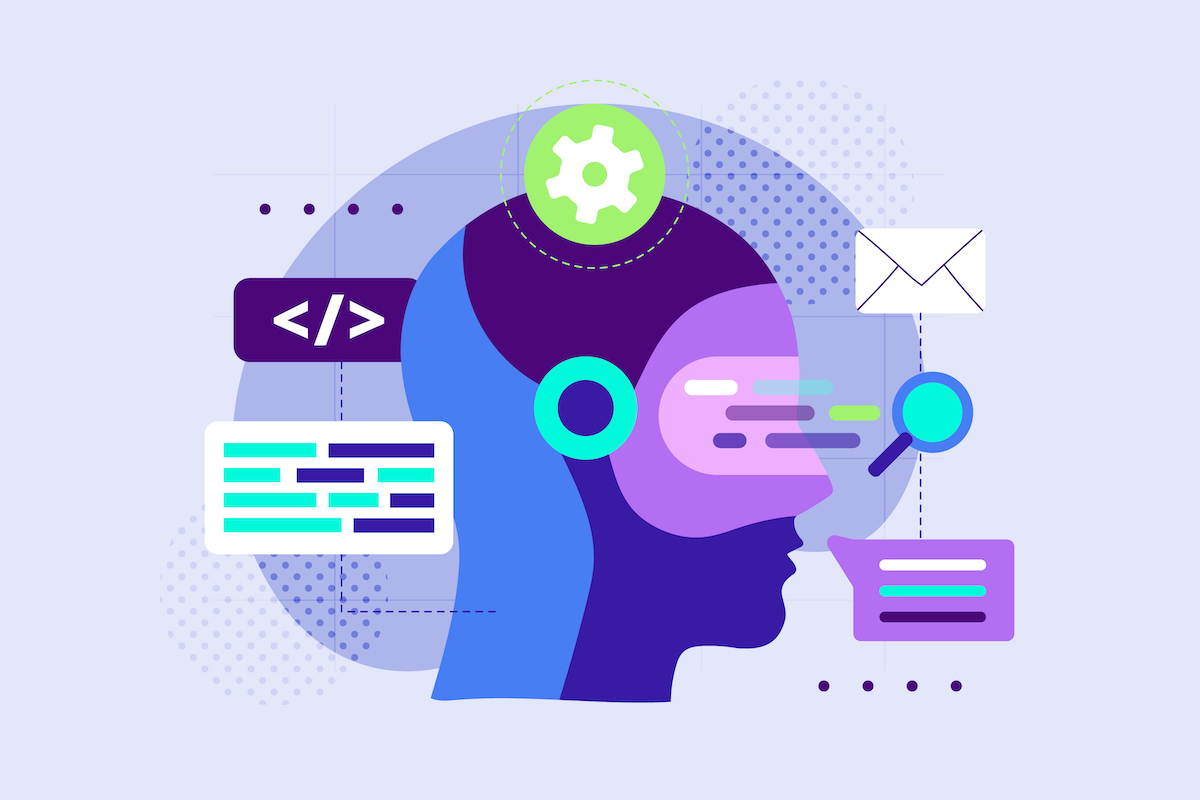In the modern digital age, the significance of Natural Language Processing (NLP) has grown exponentially. This revolutionary field of artificial intelligence empowers computers to understand, interpret, and generate human language. From chatbots providing customer support to sentiment analysis in social media, NLP’s applications are far-reaching and diverse. In this article, we will delve into the transformative power of NLP, exploring its uses, challenges, and the potential it holds for shaping the future.
Unleashing NLP’s Potential
At its core, NLP is about bridging the communication gap between humans and machines. The ability to decipher human language, whether spoken or written, opens the door to numerous possibilities. Imagine a world where language is no longer a barrier for accessing information or services. NLP-driven language translation systems have already made significant strides in breaking down these barriers, making global communication more seamless than ever before.
Revolutionizing Customer Interaction
Businesses are harnessing the power of NLP to enhance customer experiences. Chatbots and virtual assistants are becoming increasingly sophisticated, capable of understanding context, intent, and even emotions. This transformation has revolutionized customer interaction, providing instant support and freeing up human resources for more complex tasks. As a result, organizations can offer round-the-clock assistance, delivering enhanced customer satisfaction.
Insights from Text Data
NLP’s prowess extends to the analysis of vast amounts of text data. Sentiment analysis, a key application, allows businesses to gauge public opinions and reactions. By examining social media posts, reviews, and comments, companies can gain invaluable insights into their products, services, and brand perception. This knowledge empowers them to adapt and cater to customer needs more effectively.
Challenges and Ethical Considerations
While NLP offers immense potential, it also comes with challenges. Ensuring privacy and data security is paramount, especially as NLP algorithms handle sensitive textual information. Additionally, addressing biases within NLP models is essential to avoid perpetuating societal inequalities. As AI systems learn from human-generated data, they can inadvertently replicate biases present in that data. Ethical considerations surrounding NLP’s use, transparency, and accountability are vital for its responsible deployment.
A Glimpse into the Future
The journey of NLP is still unfolding, with continuous advancements on the horizon. As technology evolves, we can expect even more accurate language understanding, improved contextual comprehension, and enhanced language generation. This opens doors for creative content generation, interactive storytelling, and personalized experiences that were once the stuff of science fiction.
Natural Language Processing has already transformed how we interact with technology and each other. From simplifying language translation to enabling powerful sentiment analysis, NLP’s impact is profound. As this field progresses, it holds the promise of making information accessible to all, revolutionizing customer service, and shaping the future of communication. However, it’s essential to navigate the challenges responsibly and ensure that the power of NLP is harnessed for the betterment of society as a whole.

